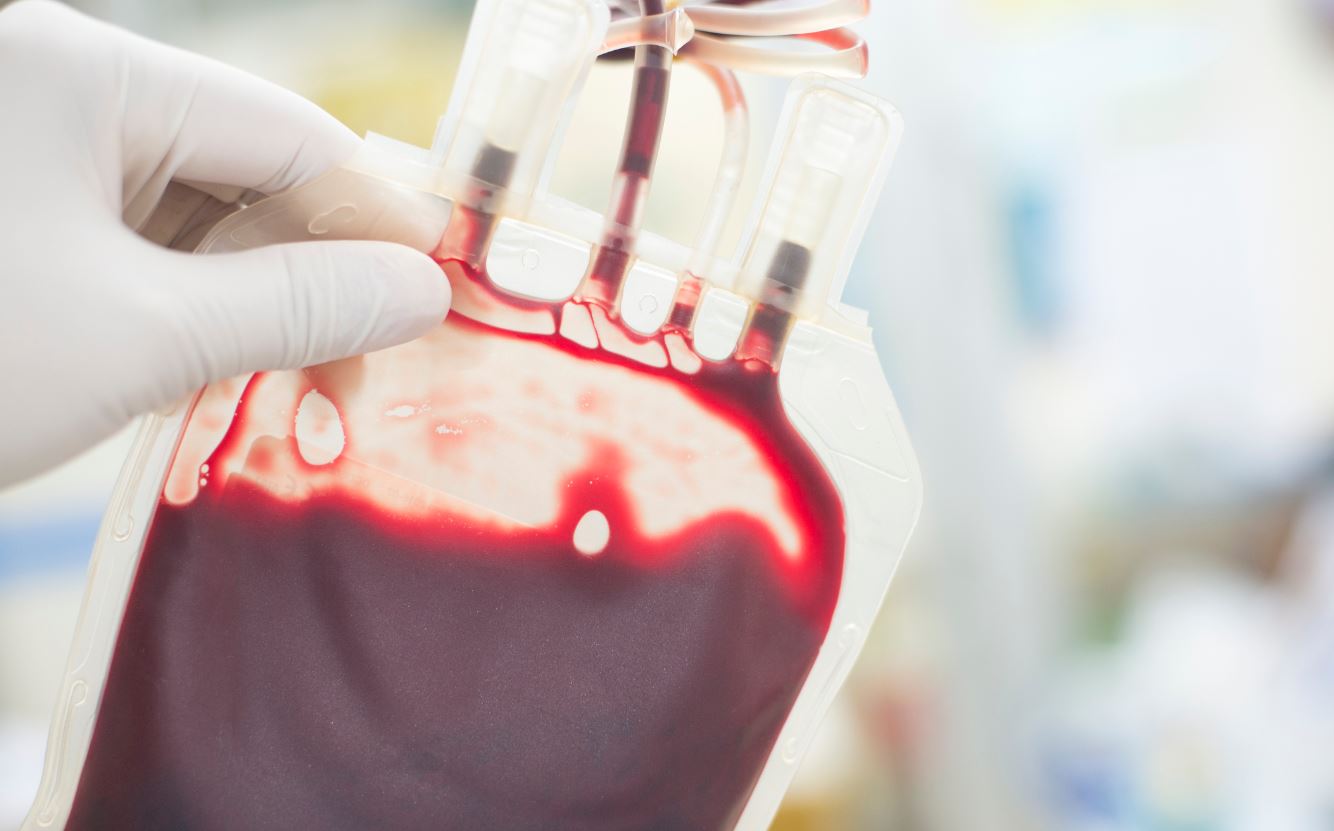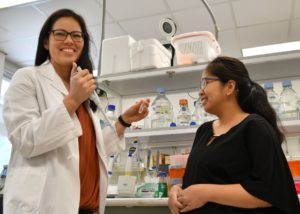
Flinders University researchers have discovered a new anti-inflammatory role for well-known blood clot protein fibrinogen, which could support targeted new treatments for kidney, heart and other common diseases.
The study in Redox Biology describes how fibrinogen can be protective against hypochlorite – a chemical generated by the body during inflammation – and so act as a kind of antioxidant in blood plasma.
“Our team found that fibrinogen, which forms extraordinarily large assemblies when it reacts with hypochlorite, doesn’t harm cells in the same way as hypochlorite-modified albumin which exacerbates kidney and heart disease, and many other serious health conditions,” says research leader Dr Amy Wyatt, from the Flinders College of Medicine and Public Health, whose research team focuses on characterising the relationship between protein misfolding and inflammation in age-related disorders including Alzheimer’s disease, arthritis and atherosclerosis, and the pregnancy-associated syndrome preeclampsia.
“While fibrinogen is less abundant than the main blood protein albumin, it’s more susceptible to reacting with hydrochlorite in the body.”
The accumulation of hypochlorite-modified albumin can cause harm in a patient, however hypochlorite-modified fibrinogen seems relatively harmless.

This discovery could ultimately help us to design therapies that block the bad effects of hypochlorite-modified albumin,” Dr Wyatt says.
“When we figure out precisely how these distinctly different protein molecules behave, then it might be possible to block the disease-promoting activities of hypochlorite-modified albumin using drugs,” say the Flinders research group mapping how protein molecules normally function and how these functions change when protein molecules are damaged by biological stresses such as reaction with hypochlorite.
Additionally, the scientists say the research could reveal new biomarkers for inflammatory disease.
An estimated 1.7 million (10%) Australian adults aged 18 years and over had biomedical signs of chronic kidney disease in 2011–12. Self-reported data from the Australian Bureau of Statistics 2017-18 National Health Survey found an estimated 1.2 million (5.6%) Australian adults aged 18 years and over had 1 or more conditions related to heart or vascular disease, including stroke.
The article, Hypochlorite-induced aggregation of fibrinogen underlies a novel antioxidant role in blood plasma (2021) by N Mañucat-Tana, RZ Abdallah, H Kaur, D Saviane, MR Wilson and AR Wyatt has been published in Redox Biology (Elsevier) DOI: 10.1016/j.redox.2020.101847
This work was funded by the Australian Research Council (DP160100011), the National Health and Medical Research Council of Australia (APP10999910), an Australian Government Research Training Program Scholarship and Flinders University.

